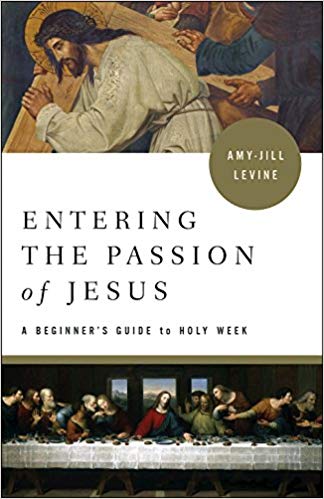Q. When I try to help students and churchgoers understand the value and importance of the differences in the four Passion narratives, I tell them these are four interpretive portraits of what happened, not snapshots. They are more like Monet’s four paintings of Rouen cathedral in differing light, than they are like four mugshots of the same guy. In other words, the differences are largely intentional, as each Evangelist pursues his portrait with slightly different angles and emphases etc. If this is so, it’s simply false to read these accounts as if they were all like Joe Friday saying ‘just the facts Mam, just the facts’ and then complaining that this little addition contradicts that little addition in two parallel accounts of the same event. That would be to read the accounts not as interpretive portraits but like a fundamentalist, whether one is a fundamentalist believer or a fundamentalist critic of the historical substance of the accounts looking for contradictions. Would you agree?
A. Most of my students have no idea who Joe Friday is. We’re old, Ben. Then again, old is fabulous.
I’m happy with your analogy. I tend to work more with music than with art, so I find using musical settings helpful. At Vanderbilt, I team-teach with the composer Michael Rose a course on the Bible and Classical music. We begin with settings of creation, by Haydn, Aaron Copeland, Duke Ellington… and then we ask our students, “Who got it right?” The answer: they all did.
Q. In your discussion of salvation in the first chapter, you quite rightly stress that the language of salvation should not be overly spiritualized, as it is used in the Bible to refer to deliverance from a whole host of things— slavery, illness, one’s enemies, death, and yes sin as well. Why do you think it is that Christians are prone to overly spiritualize the language about salvation, even Christians who know their OT well?
A. The language of “salvation” has become compromised. Once people speak of themselves as “being saved” then salvation threatens to mean only “I’m getting into heaven” (sometimes with the corollary, “Too bad you’re not, so let me tell you about Jesus”). Retaining a focus not only on the “OT” but also on Jesus the Jew allows for a broader definition of salvation and so a broader sense of responsibility in this world.












